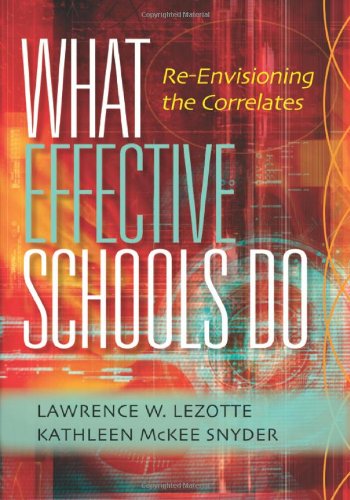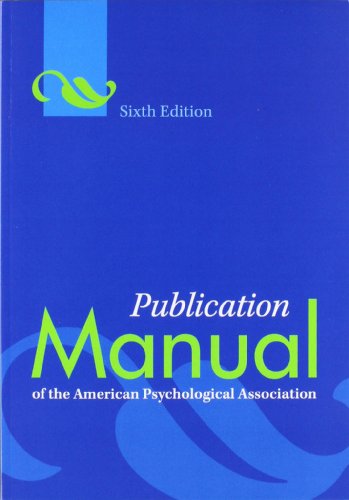About The Book
To Educate a Nation brings together the work of some of the most notable young scholars in the field of national education policy studies, focusing on...
Read more
the growing federal role in reform efforts; programs to provide equal educational opportunity; the changing relationships among federal, state, and local agencies; and the shifting boundaries between public and private sectors. Collectively, these essays provide a new and penetrating look at how education policymaking has changed over the past fifty years. Individually, they address such issues as desegregation, education choice, Title I, the National Defense Education Act, the politics of pre-K education, and Supreme Court decisions on equal opportunity—as well as how No Child Left Behind fits into the larger framework of debates over the standards-based reform movement. Developed over three years of seminars at Brown University, To Educate a Nation brings thematic and analytical coherence to the subject. Bridging historical and social science analyses, the contributors examine the interactions of federal initiatives with state and local practices as they highlight the complications inherent in American education today and provide a framework for grappling with its problems. Their insights expand our understanding of federal policy, national reform movements, and the changing nature of the polity in education—the institutions, traditions, and power relationships that define who has a voice in education policymaking and how they participate in it. For citizens and scholars alike, To Educate a Nation provides new ways to think about educational decision making in a federal system of governance, about unintended consequences of top-down policies, and about the continued resilience of state and local variation, clarifying how education policy is made in our unusual American system of shared governance and supplying an effective framework for understanding today's complex policymaking context.
Hide more




